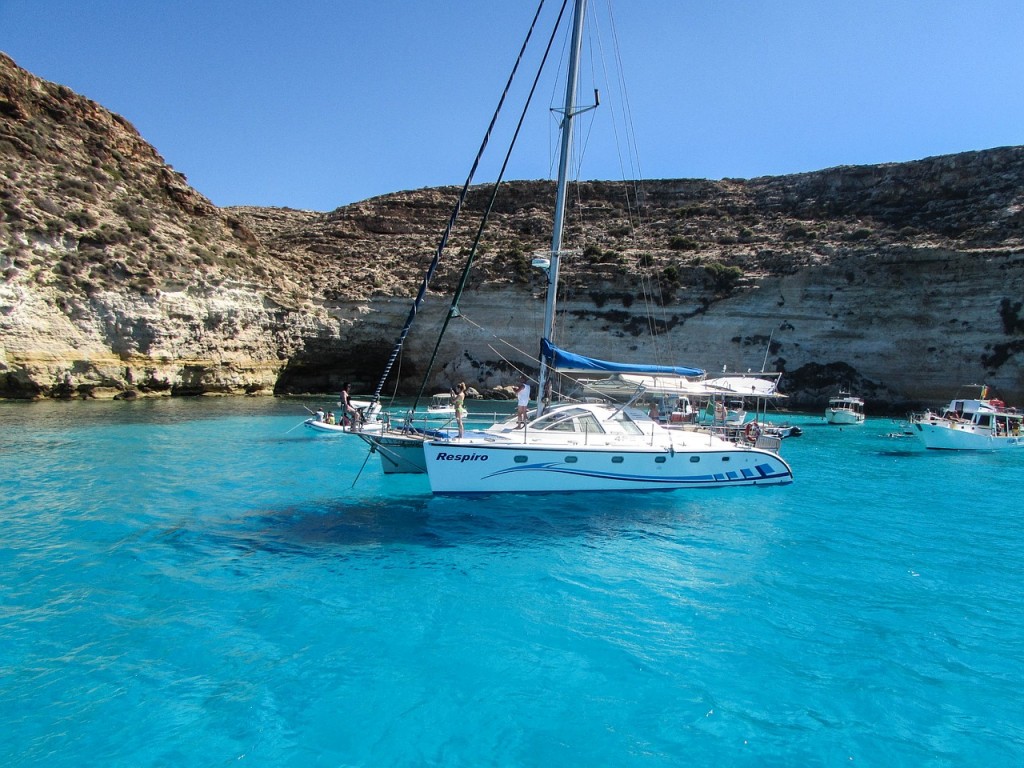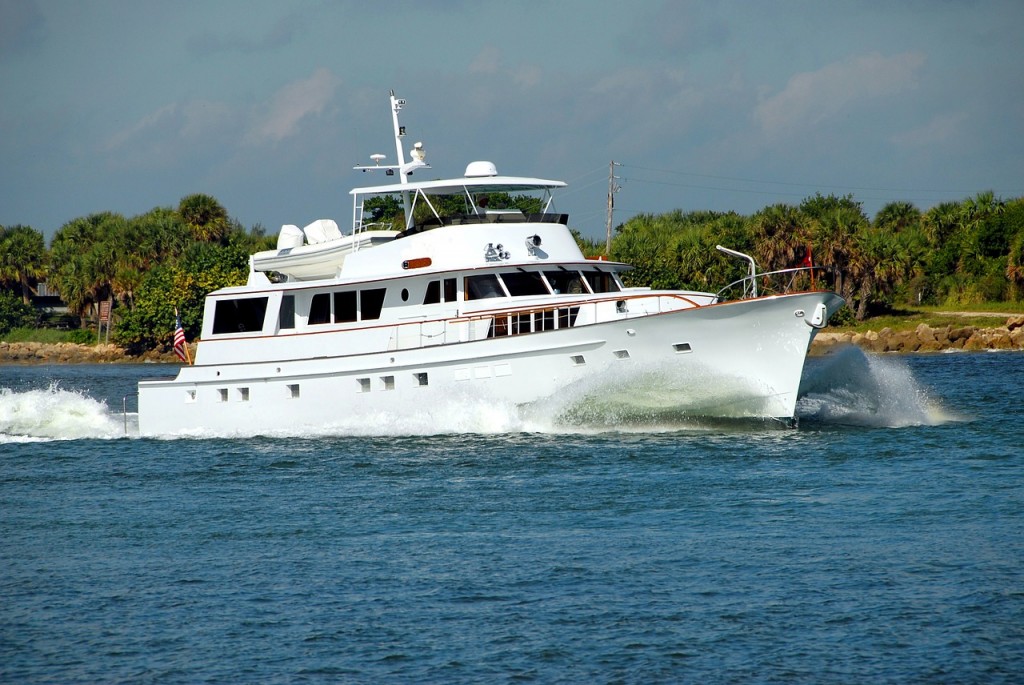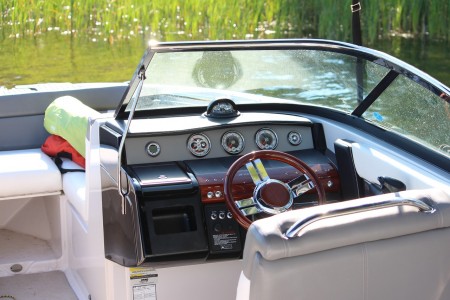People often don’t consider getting insurance to cover their boats or personal watercraft devices, but that could be a mistake. While laws don’t necessarily require this type of insurance, it can often be even more necessary than auto insurance.

1. Liability
One of the more obvious reasons to buy insurance for your boat or PWC is to cover your liability in accidents involving your vessel. Liability insurance will cover medical expenses and the costs of paying for property damage in accidents caused by your boat or PWC. This includes paying for the medical bills, pain, and suffering, and lost wages others may experience due to the accident. Liability insurance will also help you pay for other property damages, such as damage to a dock or pier for which you may be held liable.
2. Litigation
Additionally, an accident may end up requiring you to defend yourself in a personal injury lawsuit. If someone is injured aboard your vessel or in an accident caused by your vessel, a lawsuit may follow. Even if the individual claims to feel fine immediately following the incident, it may take time for injuries to develop. In that event, your insurance policy will pay for your defense attorney and cover at least some portion of the damages awarded by the court.
3. Natural disaster and Crime
Your boat or personal watercraft represents a significant financial investment, so it’s important to protect it against damage. This includes damage from storms, fires, attempted theft, or vandalism. An insurance policy can cover you for these kinds of damages, ensuring that these types of incidents won’t result in the loss of your investment.
4. Collision Damage
While accidents are rare on the water, they do happen, and failure to obtain collision insurance can mean losing your boat altogether. You may not be able to pay for damages out of your pocket, which means you’ll likely have to dispose of the vessel or personal watercraft. Collision insurance will help cover the costs of the repairs, or, where the vessel was significantly damaged, you may be able to replace the vessel altogether.
5. Salvage
Another major issue that concerns accidents and collisions is the debris that’s left behind, including vessels that may sink or be rendered inoperable. While your collision policy may cover the costs of replacing the vessel, you’ll likely need a rider to cover salvage obligations. This includes the costs of cleaning up leaked oil or fuel that may contaminate the water as a result of the incident. This portion of a policy may also include a clause that offers “roadside assistance” if your vessel is rendered immobile and far from shore.

These are just a few of the reasons it’s important to maintain insurance for your boat or personal watercraft. Just as it is with auto insurance, you don’t expect an accident, but you want to be covered for that eventuality. The cost of an insurance policy may represent an added expense, but it’s far less than paying for these damages out of your pocket.


